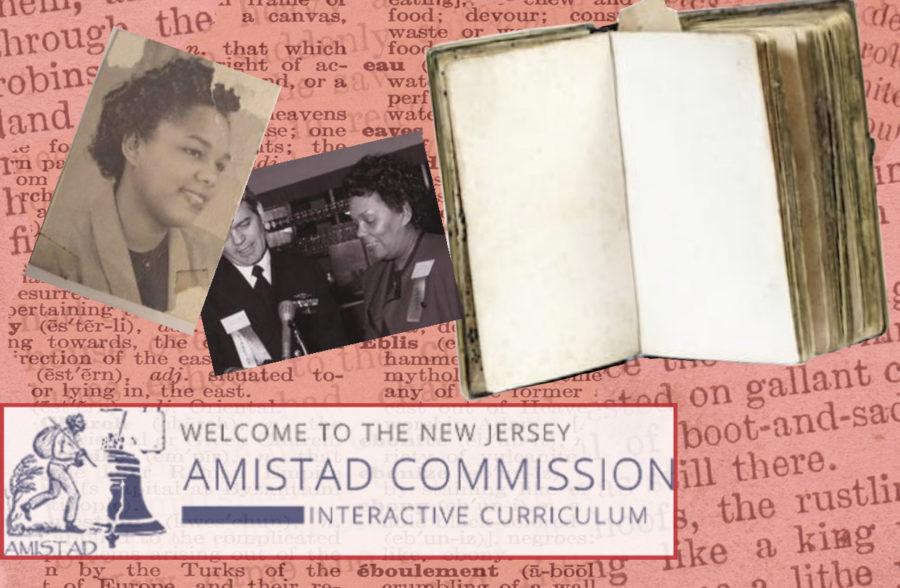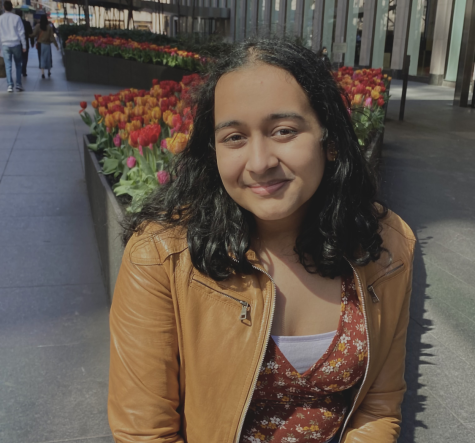The Amistad Project
February 8, 2021
For many years, African Americans have not earned the recognition they deserve. Eighteen years ago, New Jersey’s Education Department established a law that encouraged schools to incorporate African American history into their curriculums. As legislation sponsored by William D. Payne and Craig A. Stanley, the Amistad Bill (A1301) was passed to give proper remembrance to African American history. To enforce this bill, the 23 membered Amistad Commission was created to oversee African American history in classrooms. From Edison High, two history teachers, Ms. Leanne Rubiano and Ms. Sara Yocum, participated in this project.
The word Amistad comes from African American history. In the late 1830s, there was a Spanish ship called La Amistad that was overtaken by slaves from Africa. These slaves demanded to be returned to Africa; however, they were taken to the United States and appeared in a court case. The verdict initially was declared against the illegal slaves, but after two years of fighting for freedom, the slaves won the case. The popularity of the Amistad rose again in 1997 after the release of Steven Spielberg’s film The Amistad. Since then, educators have worked to provide the resources necessary to complete the curriculum and shift the center of attention to African Americans.
The current curriculum incorporates African American history to a limited extent. The department has three main goals. One goal is to include a fully accurate version of African American history in the history curriculum. The other two goals ensure that teachers are equipped to teach and create various events such as seminars to spread awareness. This initiative is to ensure that African American history is fairly represented within American history.
“There is no ‘perfect’ way to teach history, but I think any and every step we take to include ALL people in history is a success,” said Ms. Sara Yocum. History itself is complicated and current students have been learning through a single lens. Educators want to push students to have an authentic understanding and exploration of all perspectives.
In order to accomplish these goals, meetings are set up for educators to contribute. Rubiano and Yocum helped by reviewing curriculums such as United States History I and made sure there were resources available to teach this content from. Many of the new content bridges important matters today such as the Black Lives Matter movement (BLM). These sources are needed because many teachers struggle to discuss sensitive topics.
“The environment we are in is so politically charged nowadays, there are in some cases a worry or hesitancy to approach topics like that are important for adolescents to be able to intelligently discuss,” said history supervisor Mr. Mark DiGiovacchino.
Student input is valuable and through this project, students are more inclined to voice their opinions in a meaningful yet respectful way. While this project is just at its beginning stage, the teachers plan to accomplish their goals in the near future.
“Students can look forward to more engaging and enriching curriculums which allow for more time to explore sensitive and important historical topics,” Rubiano said. One day, this generation will sit in school learning about the unsung heroes and the importance of African American history in a new way.
Photo Credit: Abigail Alvarez ’21
























































































